Mandate
On behalf of Faculty Council, and in alignment with Senate, the LCS Committee shall be responsible for the development and oversight of curriculum, academic standards and pedagogy for the degrees and non-degree programming across the School, including supporting the delivery of curriculum and service courses for programs across the university in areas where Lassonde has disciplinary expertise.

Meeting Dates 2025-2026
LCS meetings take place on Wednesdays from 9:30 – 11:00 am (typically the third Wednesday of the month with exceptions *noted below).
- September 17, 2025
- October 1, 2025*
- October 22, 2025*
- November 5, 2025*
- November 26, 2025*
- December 10, 2025*
- January 21, 2026
- February 18, 2026
- March 18, 2026
- April 15, 2026
- May 20, 2026
- June 17, 2026
For more information, please contact Frances A. Valerio – francesa@yorku.ca
Full Terms of Reference
departments, including research-informed pedagogy, including taking into account the impact of the student experience and soliciting student input. The committee will undertake these responsibilities within the context of the
Faculty and University’s missions and planning objectives.
The committee is responsible for the implementation and oversight of academic items governing: Curricular Strategic Priorities; Program Evaluation & Compliance; and Innovation in Program Delivery.
2.1. CURRICULAR STRATEGIC PRIORITIES
The committee will:
2.1.1. Bring forward recommendations and motions for approval to Faculty Council on academic standards, curriculum, regulations, teaching and learning (including modes, times and location of program delivery).
2.1.2. Review proposals for new, or changes to, program requirements, certificates or micro-credentials, and make recommendations to Council for approval.
2.1.3. Approve proposals for new courses or changes to existing courses, forwarding to Council to appear under consent agenda.
2.1.4. Review and approve proposals for non-degree activities. Coordinate approval with the Dean.
2.1.5. Promote the development of interdisciplinary and inter-Faculty programs.
2.1.6. Formulate and make recommendations to Council on the establishment, disestablishment and modification of programs, diplomas and certificates; in concurrence with the Planning, Academic Resources & Research Committee (PARR).
2.1.7. Oversee Curriculum Committees’ master accreditation unit (AU) map and accreditation unit management monitoring graduate attribute (GA) performance and identify opportunities for continual improvement. Reporting upcoming curricular changes to their respective Departments.
2.1.8. Ensure department representatives are leading timely consultations with stakeholders (including Graduate and Undergraduate Program Curriculum Committees, Industry Advisory Boards, External Program Undergraduate Program Directors and Graduate Program Directors, etc.)
2.2. PROGRAM EVALUATION AND COMPLIANCE
2.2.1. Oversee academic processes related to Quality Assurance Process and Continual Program Improvement including the implementation of existing Senate and Faculty policies (i.e., Undergraduate Program Reviews, Graduate Program Appraisals and Accreditation, and others)
2.2.2. Review and make recommendations to Faculty Council on process and policy improvements with respect to formal and informal evaluation exercises.
2.2.3. Formulate new policies as deemed necessary in concurrence with PARR (e.g. PARR’s Terms of reference states it will receive reports from LCS on such items)
2.3. INNOVATION IN PROGRAM DELIVERY
2.3.1. Oversee, make recommendations and advance the School’s innovation in program delivery with respect to: E-learning, experiential education, active learning, and technology in the classroom and in support of academic programs and initiatives.
2.3.2. Receive requests for input and make informed recommendations on policy matters concerning ancillary curriculum that may have academic implications. (e.g., associated course fees, etc.);
2.3.3. Initiate advances in teaching and learning, by identifying relevant best-practices and innovative approaches & technologies (at York and globally) that are likely to enhance student learning in line with Lassonde’s academic priorities.
2.4. COORDINATION AND CONSULTATION
2.4.1. Coordinate, design and implement with Faculty Council, Council Committees & Senate Committees on major academic program, principles and policy developments or changes, and issues of joint concern to create strategies, plans, processes and forms for assessing Continuous Program Improvement (CPI) frameworks, degree expectations, graduate attributes and program learning outcomes.
2.4.2. Invite academic subject matter experts to inform committee discussions including, but not limited to, the Undergraduate and Graduate Program Directors, the Director of Common Engineering, the Chairs of Departmental Curriculum Committees, the Graduate Attribute Leads, the Assistant Dean of Students, and the Manager of Graduate Studies.
2.4.3. Constitute Sub-Committees, cyclical committees and working groups as deemed necessary to deal with emerging priorities in relation to curriculum, curricular policy, innovation in program delivery and standards. Such as:
• Academic Honesty, Standards, Petitions & Appeals Sub-Committee
• LEEF Adjudication Cyclical Committee
• AIF Adjudication Cyclical Committee
• Create a diverse, inclusive integrated teaching, learning and research environment.
• Empower diverse internal and external communities to organically grow by optimizing existing spaces and creating new ones with a culturally inclusive lens.
• Prioritize equitable outcomes by adopting a values-driven integrated approach to research, teaching & learning and operations.
• Cultivate an inclusive interdisciplinary community that brings the diverse perspectives required to envision and devise engineering and science solutions that address environmental, economic and social problems.
• Normally, committee meetings will be held completely virtually via videoconference or in a hybrid/Hyflex (in-person + simultaneous videoconference) format.
• All Committee meeting agendas should be made available to the Lassonde community at least one week in advance of a committee meeting.
• Meeting minutes should be shared to the extent possible without breaching confidentiality.
• Meetings of LCS are open to members of the Lassonde community, subject to the availability of space
• When LCS considers matters relating to specific individuals or to other matters where confidentiality must be observed, the committee may, in the notice for a meeting, declare part of a meeting to be closed or in camera.
• When LCS meets in camera, only LCS members may be present.
• LCS has adopted “York University Rules of Senate” to guide and inform its governance structure and operations.
• This committee shall make its decisions based on a simple majority of those members present and voting at a duly constituted meeting
• Committee members will notify the Chair/Secretary if they will be absent from a meeting.
5.2. Chair & Vice-Chair
• The Chair of LCS is responsible for providing leadership to the committee in pursuit of its mandate. The Chair presides at all committee meetings, acts as the official spokesperson for the committee, and ensures that the committee operates in conformity with the rules enacted by Faculty Council and Senate.
• In the case of the absence or illness of the Chair and the Vice-Chair, the committee may appoint one of the members of the committee to act as Chair pro tempore and for such period the member so appointed shall act as, and have all the powers of, the Chair.
5.3. Quorum
• Per Senate rules, the quorum shall consist of a majority of voting members.
5.4. Timing and Frequency of Meetings
• LCS meetings take place on Wednesdays from 9.30 – 11.00 am, typically on the third Wednesday of the month. It is typical that additional meetings are scheduled during the period of October to January.
• The committee may conduct additional meetings as warranted by committee business.
5.5. Standing Orders
• The conduct of the business of the meeting shall be subject to the “York University Rules of Senate”
5.6. Agenda, Administration, and Minutes
• LCS shall be supported by the Secretary to the Committee.
• All records of the meetings, including the minutes, shall be retained in accordance with the Common Records Schedule (CRS) for Faculty Councils (ADG15) and Faculty Council Committees (ADG17) under York University’s Information, Privacy and Copyright Office.
• The Committee Secretary shall be responsible for ensuring correspondence and decisions made by the Committee are available to relevant people or bodies, including the membership of sub-committees and secretaries of relevant Faculty Councils, including departmental curriculum committees and Chairs of departments as appropriate.
5.7. Voting
• All members of the committee are voting members unless specifically indicated otherwise, with the exception of discipline specific curricular items as defined by the membership votes in section 4. Ex officio and elected/appointed members have the same voting rights.
• Pursuant to the discretion of the Chair, members may be permitted to vote by means of an electronic communication (e-vote) which enables the votes to be gathered in a manner that permits their subsequent verification
• Reports to Executive (to Council);
• Reports items requiring concurrence between LCS & PARR;
• Academic Standards (concurrence);
• Annual Report in Spring to the Faculty Council;
• Receives annual and term reports/updates from all sub-committees and/or Working Groups.
Approved by: Faculty Council
Date: June 2023
*Click here for the PDF version
More Information
2.1.1. Bring forward recommendations and motions for approval to Faculty Council on curriculum, regulations, teaching and learning (including modes, times and location of program delivery).
2.1.2. Review proposals for new, or changes to, program requirements, certificates or micro-credentials, and make recommendations to Council for approval.
2.1.3. Approve proposals for new courses or changes to existing courses, forwarding to Council to appear under consent agenda.
2.1.4. Review and approve proposals for non-degree activities. Coordinate approval with the Dean.
2.1.5. Promote the development of interdisciplinary and inter-Faculty programs.
2.1.6. Formulate and make recommendations to Council on the establishment, disestablishment and modification of programs, diplomas and certificates; in concurrence with the Planning, Academic Resources & Research Committee (PARR).
2.1.7. Oversee Curriculum Committees’ master accreditation unit (AU) map and accreditation unit management monitoring graduate attribute (GA) performance and identify opportunities for continual improvement. Reporting upcoming curricular changes to their respective Departments.
2.1.8. Ensure department representatives are leading timely consultations with stakeholders (including Graduate and Undergraduate Program Curriculum Committees, Industry Advisory Boards, External Program Undergraduate Program Directors and Graduate Program Directors, etc.)
LCS Tool Kit
LCS Dates for Submitting Agenda Items
Guide Checklist for LCS Committe Review
LCS Guideline on Curriculum Process
LCS Monthly Curriculum Process
Defining Consultation in Curriculum Development Processes
Curriculum Management Workflow
Curriculum Checklist – New Course Proposal, Course Changes, Change in Degree Programs
Curriculum Management Tool (Kuali) – New Course Proposals and Course Changes
LE Changes to Degree Requirements Form
LE Existing Course Change Form (Expiring/Retiring a Course)
Council, LCS & PARR Terms of Reference
York University Academic Calendar
York University Course Website
2025-26 Committee Members

Suprakash Datta, Associate Dean, Academic & Students
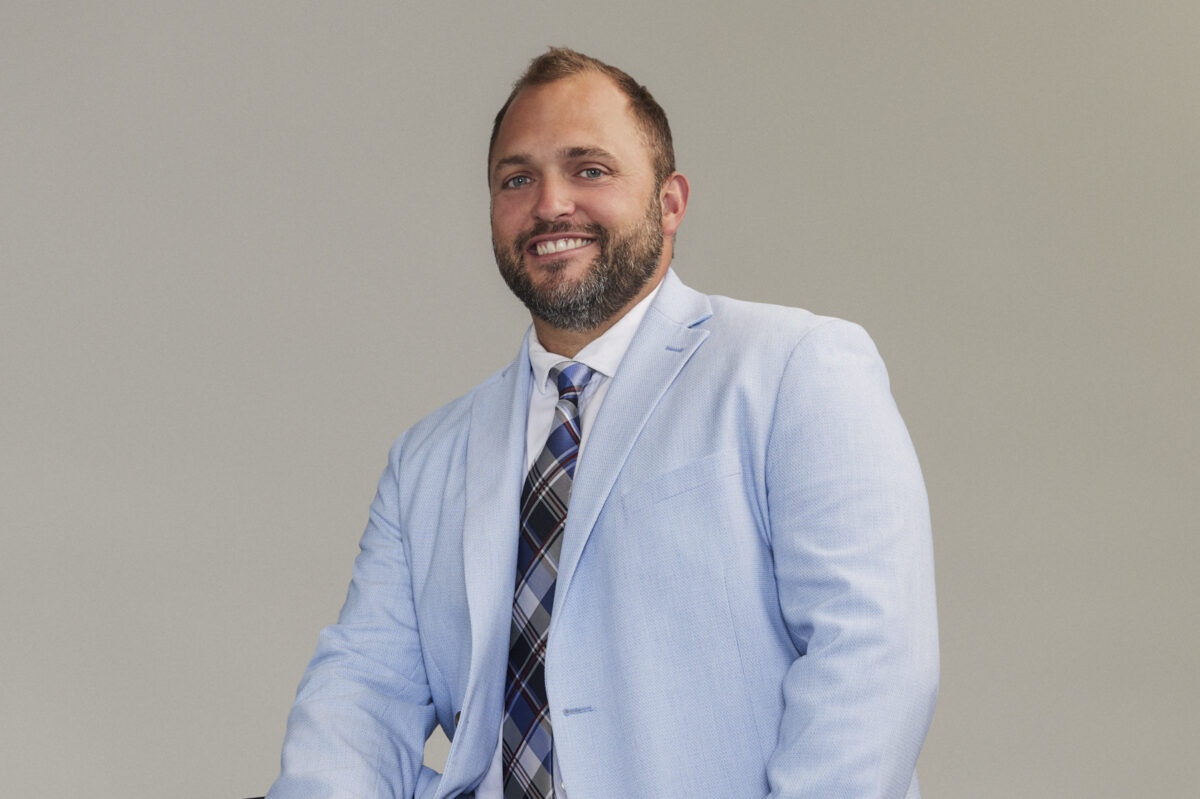
Mitch Burnie,
Assistant Dean, Students
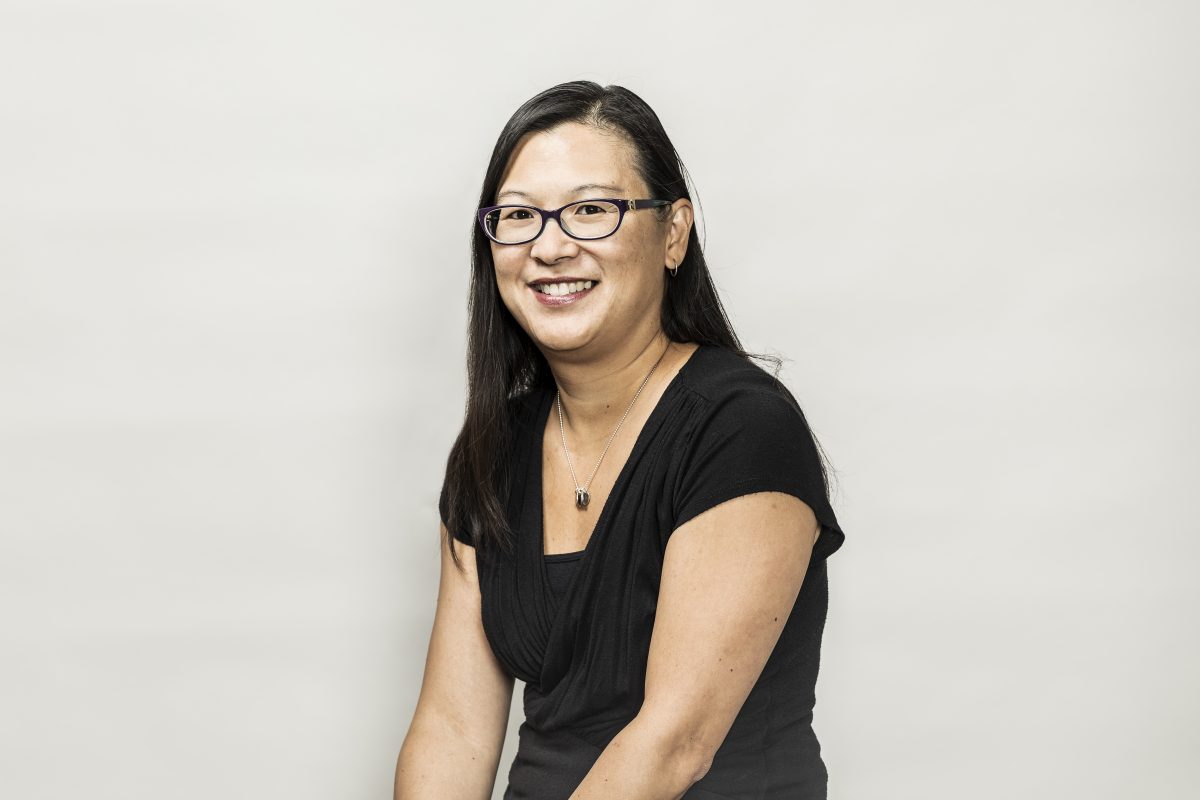
Almey Tse-Soriano, Manager, Graduate Studies

TBD, Vice-Chair of Council
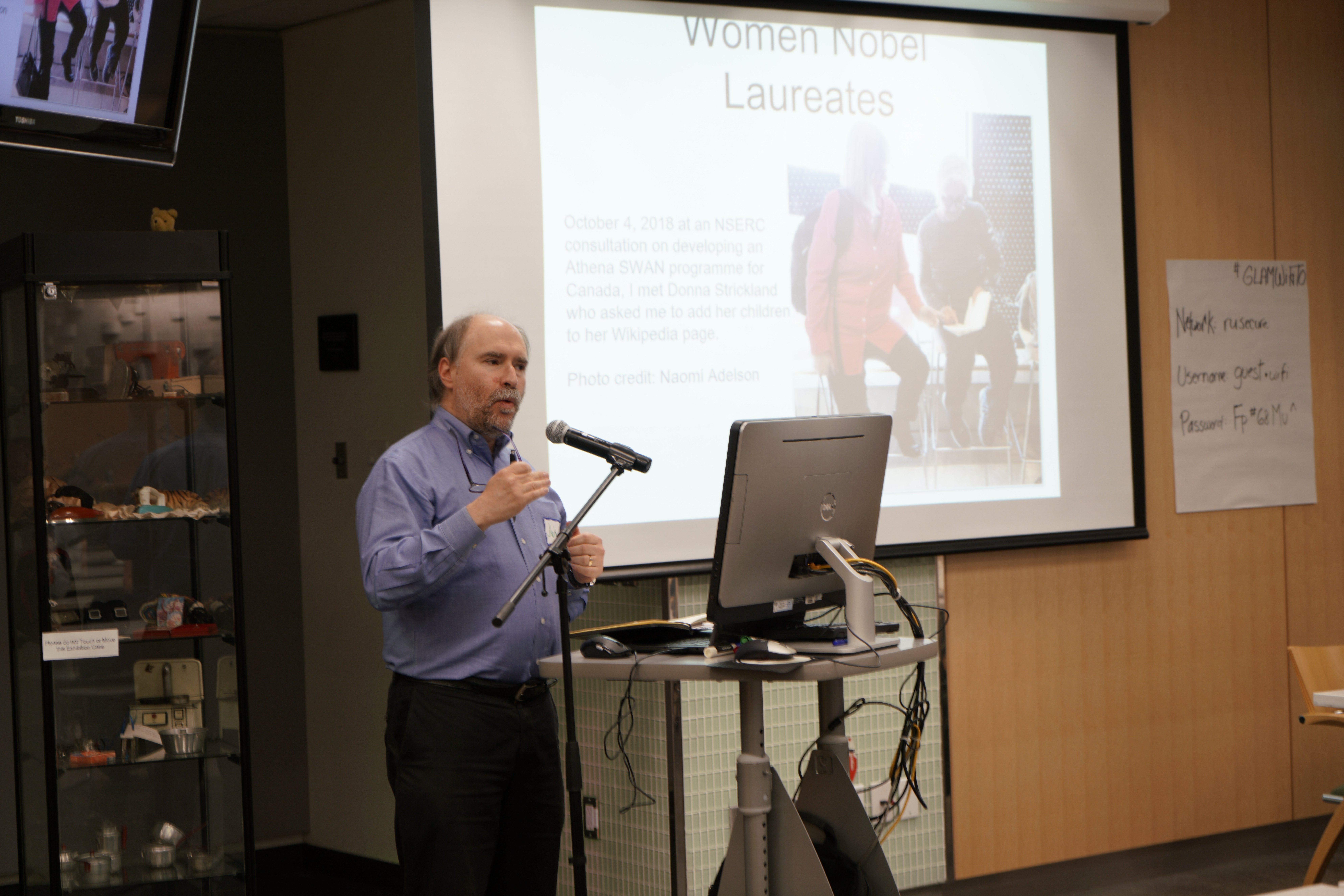
John Dupuis, Librarian

Nima Tabatabaei, Faculty Member (MECH)

Ronald Hanson, Faculty Member (MECH alternate)
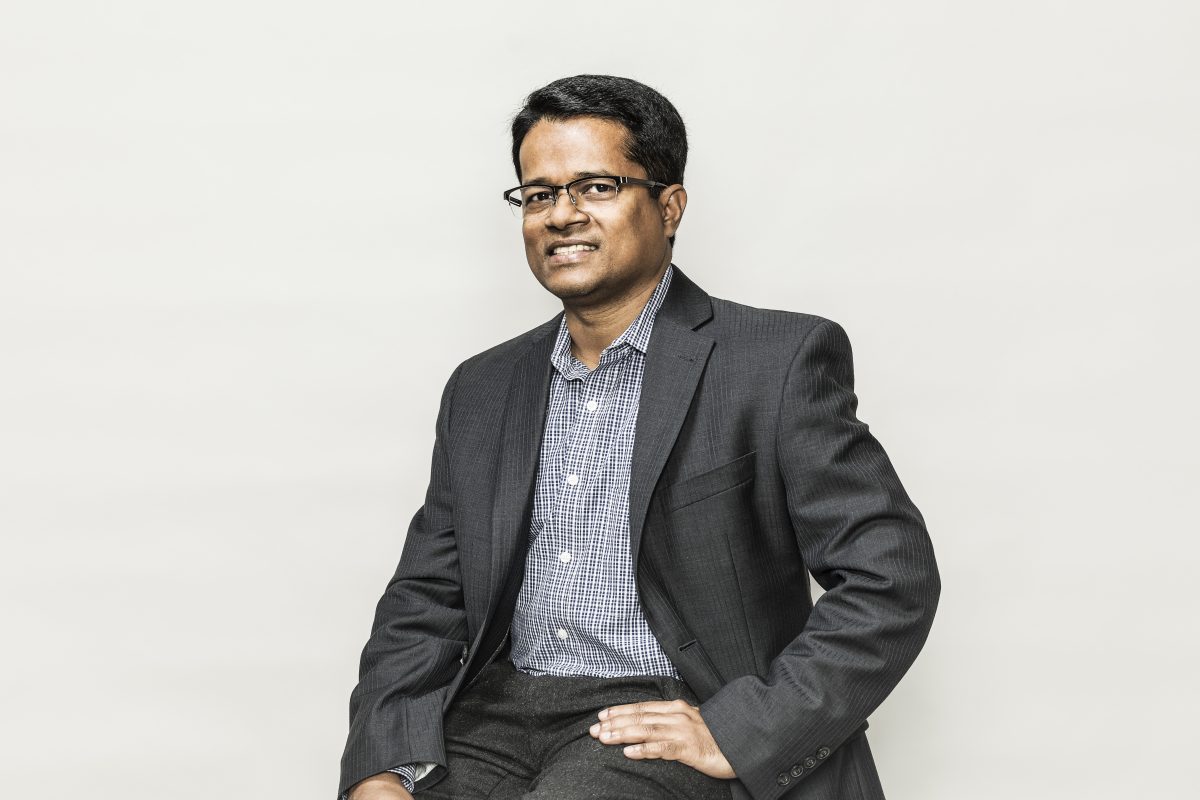
Pulin Mondal, Faculty Member (CIVL)
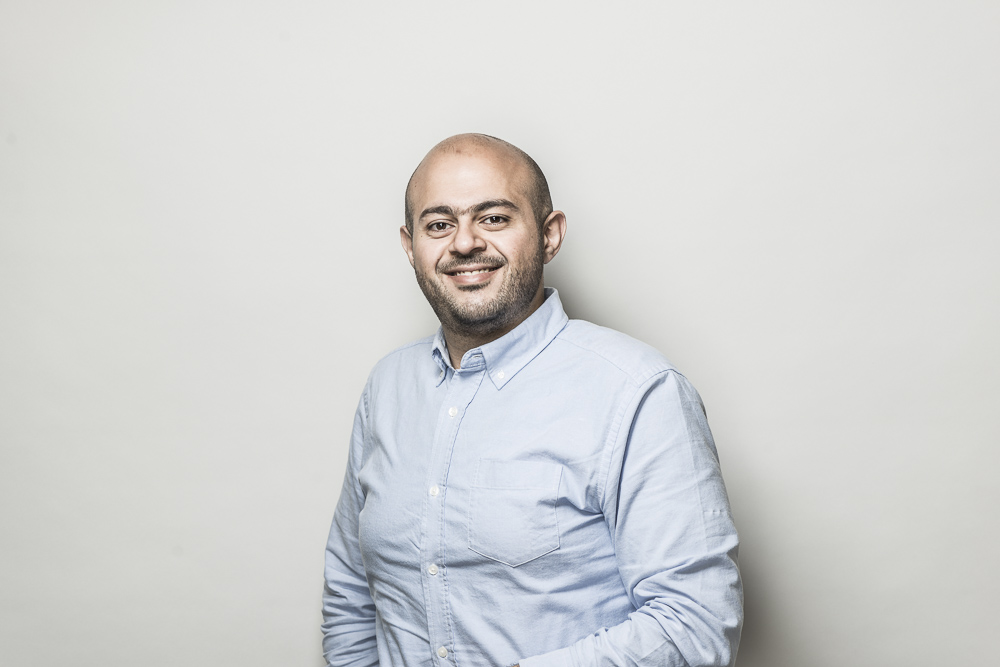
Ahmed Eldyasti, Faculty Member (CIVL alternate)

Jarek Gryz, Faculty Member (EECS)
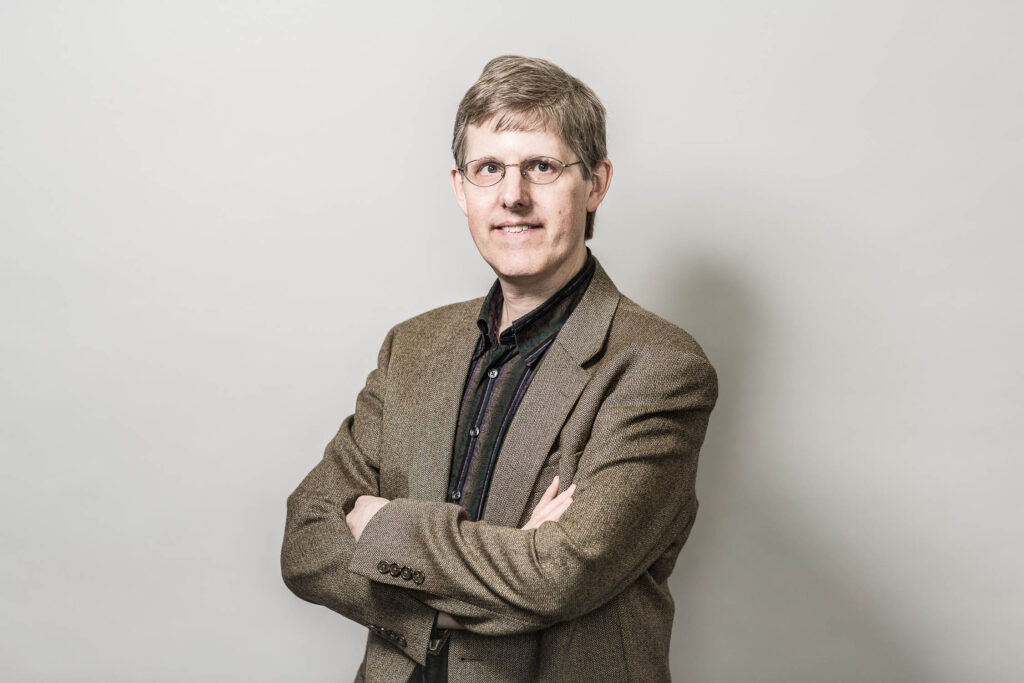
Parke Godfrey, Faculty Member (EECS Alternate)
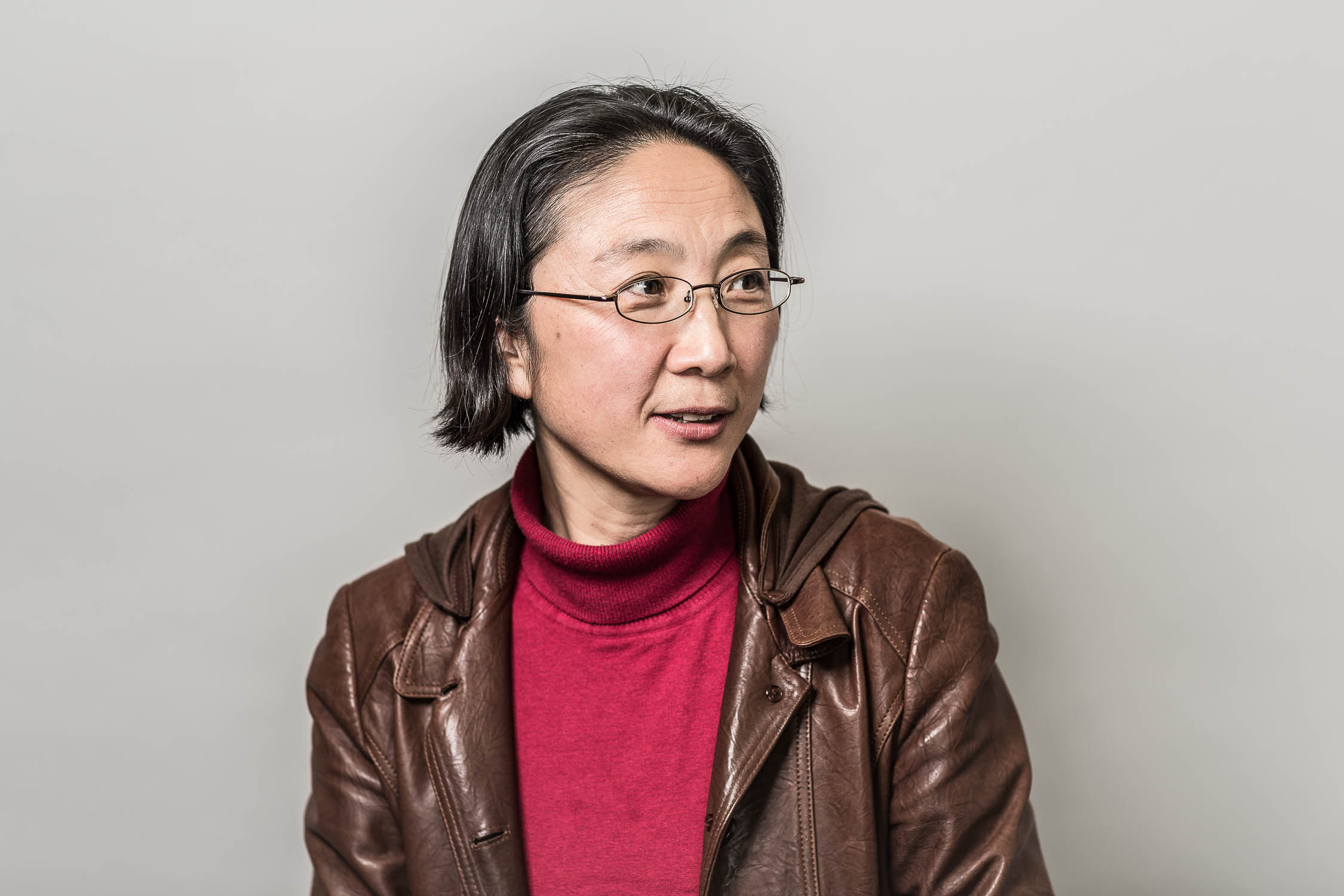
Baoxin Hu, Faculty Member (ESSE)

Michael Bazzocchi, Faculty Member (ESSE Alternate)
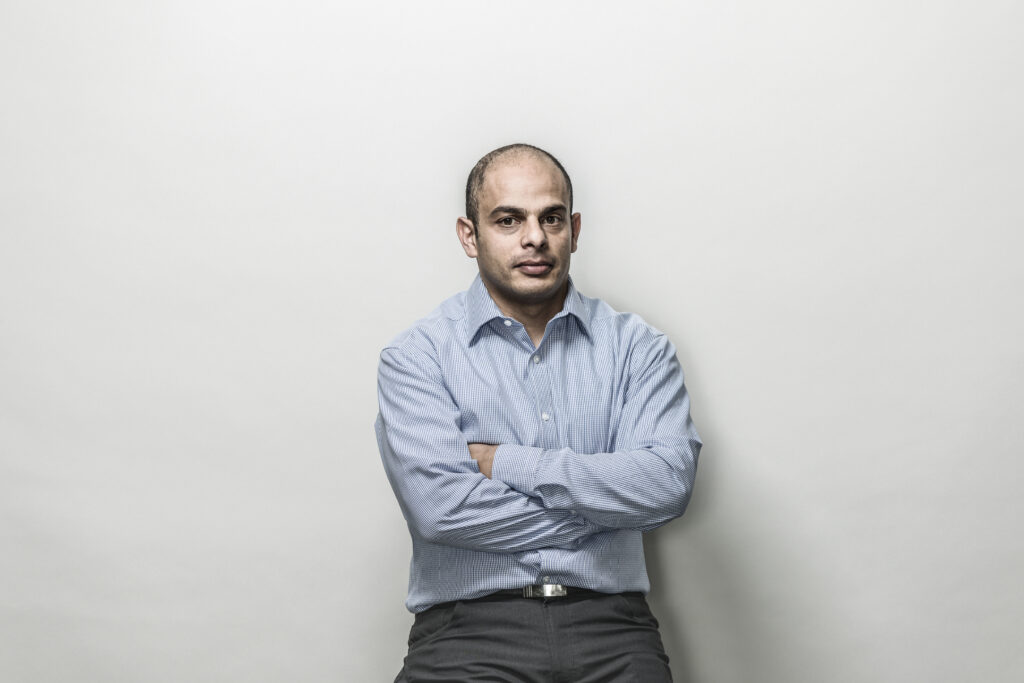
Hossam Sadek, Faculty Member at Large
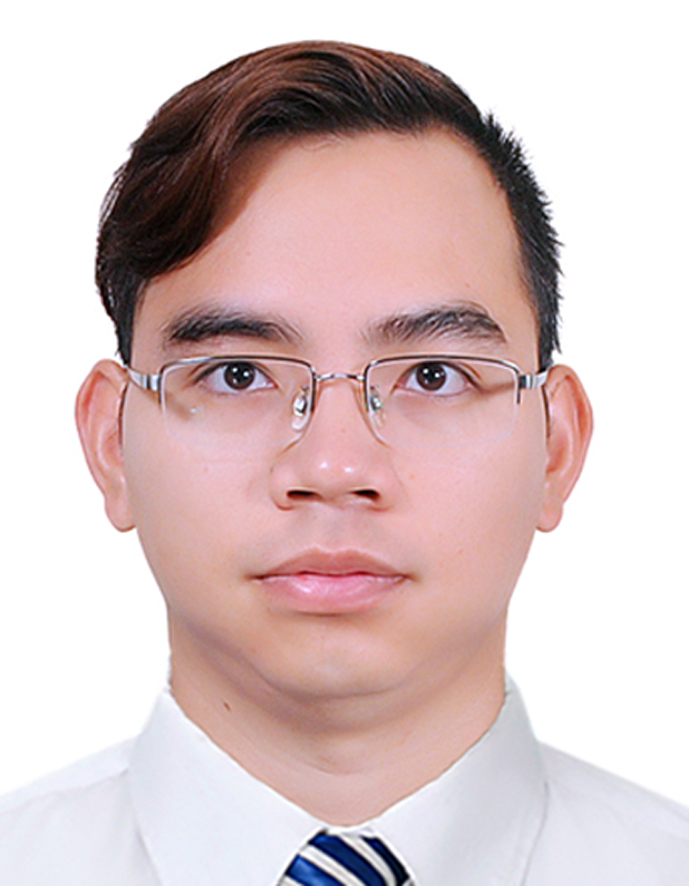
Hung Viet Pham Faculty Member at Large

Edson Takei, Undergraduate Student

Judy El Ghargomi, Undergraduate Student

Kevin Hui, Graduate Student

Parag Jain, Secretary to Committee, non-voting (Staff Resource)
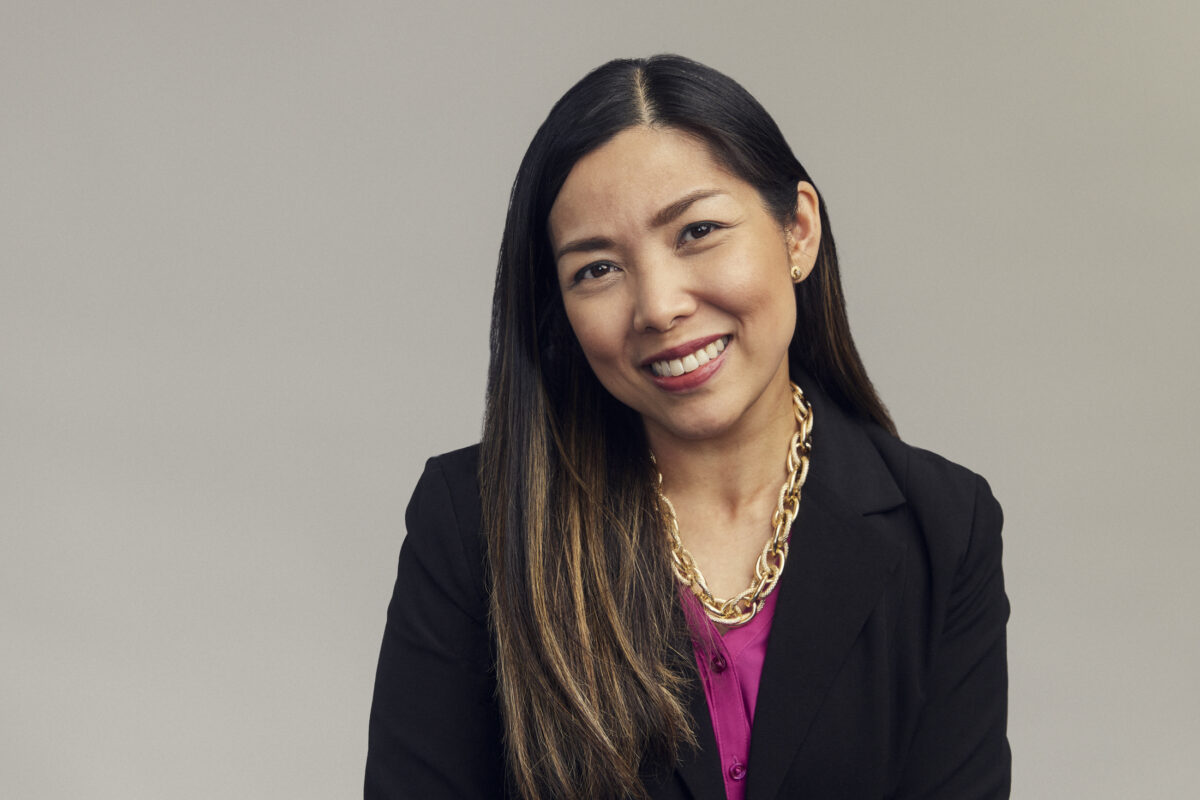
Frances Valerio
Assistant Secretary, non-voting (Staff Resource)